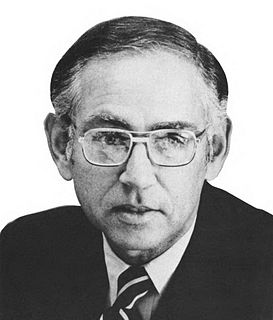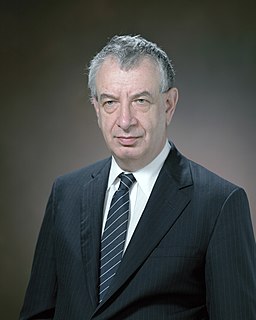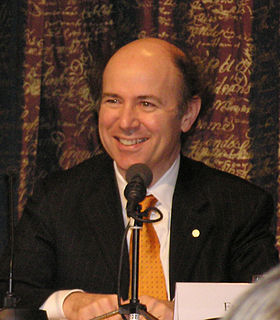A Quote by Carl Sagan
A central lesson of science is that to understand complex issues (or even simple ones), we must try to free our minds of dogma and to guarantee the freedom to publish, to contradict, and to experiment. Arguments from authority are unacceptable.
Related Quotes
There must be no barriers to freedom of inquiry... There is no place for dogma in science. The scientist is free, and must be free to ask any question, to doubt any assertion, to seek for any evidence, to correct any errors. Our political life is also predicated on openness. We know that the only way to avoid error is to detect it and that the only way to detect it is to be free to inquire. And we know that as long as men are free to ask what they must, free to say what they think, free to think what they will, freedom can never be lost, and science can never regress.
We are resolved to protect individual freedom of belief. This freedom must include the child as well as the parent. The freedom for which we stand is not freedom of belief as we please,... not freedom to evade responsibility, ...but freedom to be honest in speech and action, freedom to respect one's own integrity of thought and feeling, freedom to question, to investigate, to try, to understand life and the universe in which life abounds, freedom to search anywhere and everywhere to find the meaning of Being, freedom to experiment with new ways of living that seem better than the old.
In knowledge of human affairs, we should never allow our minds to be enslaved by others by subjecting ourselves to their whims. We must maintain freedom of thought, and never accept anything of purely human authority into our heads. When we are presented with a diversity of opinions, we must choose, if we can; if we cannot, we must remain in doubt.
The more complex our economy, the more we should rely on the miraculous, self-adapting processes of men acting freely. No mind of man nor any combination of minds can even envision, let alone intelligently control, the countless human energy exchanges in a simple society, to say nothing of a complex one.
Free inquiry entails recognition of civil liberties as integral to its pursuit, that is, a free press, freedom of communication, the right to organize opposition parties and to join voluntary associations, and freedom to cultivate and publish the fruits of scientific, philosophical, artistic, literary, moral and religious freedom.



































